
Food for thought
Jacob Kenedy (1999) is a chef and owner of Bocca di Lupo, Gelupo and Plaquemine Lock. Here he tells us about his culinary inspirations and the motivations behind each of his eateries.
Discover what is going on in the Johnian community, inside and outside the College. Read the latest stories from Johnians, follow their career journeys, and benefit from their shared knowledge and experience.
Opinions expressed in Johnian blogs are those of the contributors and not necessarily those of St John’s College.

Jacob Kenedy (1999) is a chef and owner of Bocca di Lupo, Gelupo and Plaquemine Lock. Here he tells us about his culinary inspirations and the motivations behind each of his eateries.
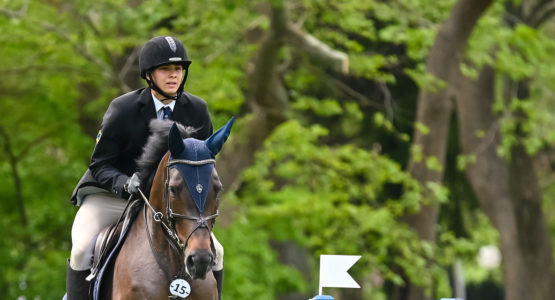
Henry Choong (2015) is currently ranked second in Great Britain for the modern pentathlon. Here he tells us more about the sport, his intensive training regime and his ambitions for the future.
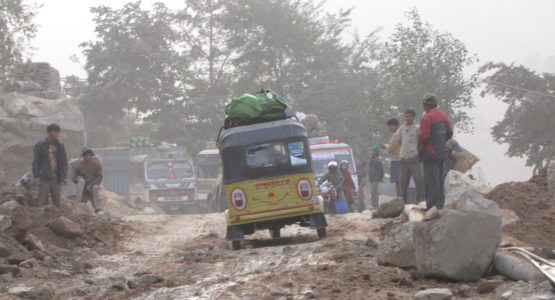
Joanne Flitcroft (1989) is Founder and Director of legal consultancy Opallios Limited. She has a passion for travel and her charity work has taken her on some wild adventures all over the world.
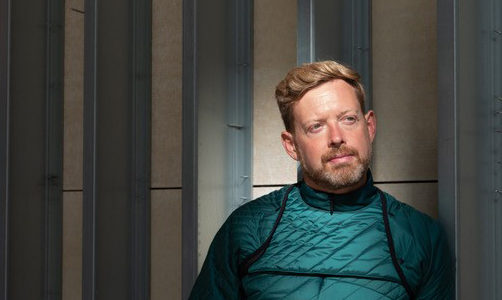
Charles Armstrong (1990) is Founder and CEO of The Trampery, a company providing workspaces, venues, training and management services based in London. Here he tells us about its social aims and impact, and his ambitions for the future.
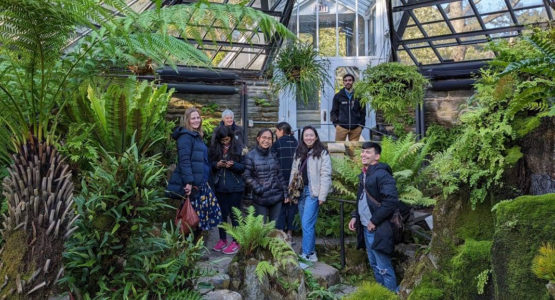
Satowa Kinoshita (2013) is a self-described climate entrepreneur. In this article she tells us about how she came to this role and why it is so important.
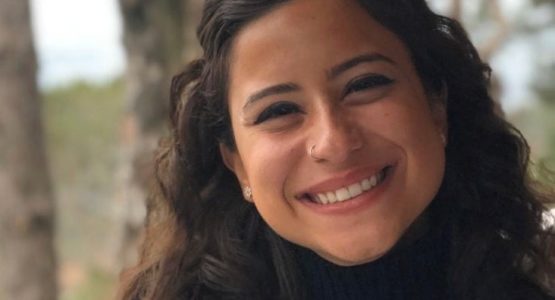
Aya Majzoub (2010) is a researcher for Human Rights Watch in Beruit. Here she tells us about her work investigating human rights abuses in Lebanon.
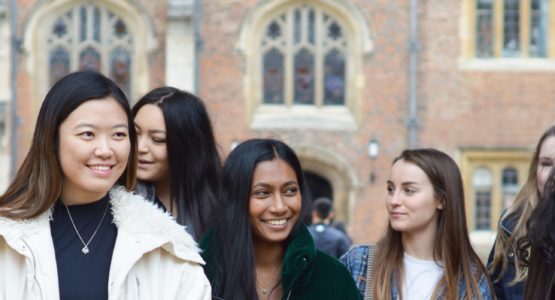
Activities in College marking the anniversaries of the admission of female undergraduates, postgraduates and Fellows.

Professor Tamsin Mather (1995) studied Natural Sciences at St John’s specialising in Chemistry and then returned in 2001 to do a PhD in Earth Sciences. She is now a Professor of Volcanology at the University of Oxford. Her work has taken her all over the globe in a quest to understand more about the world’s volcanoes.
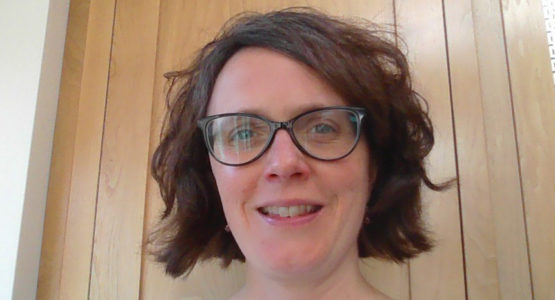
Alumna Rachel Addison (2000), music teacher at King’s Hedges Educational Federation, invited students from St John’s to play live music for the school children.
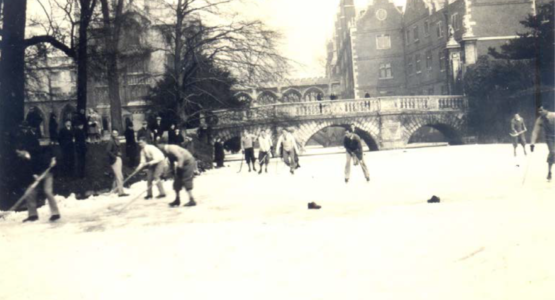
Fiona Colbert, the College’s Biographical Librarian, has been checking the treasure trove of biographical records to find information about past Johnian involvement in the Winter Olympics.